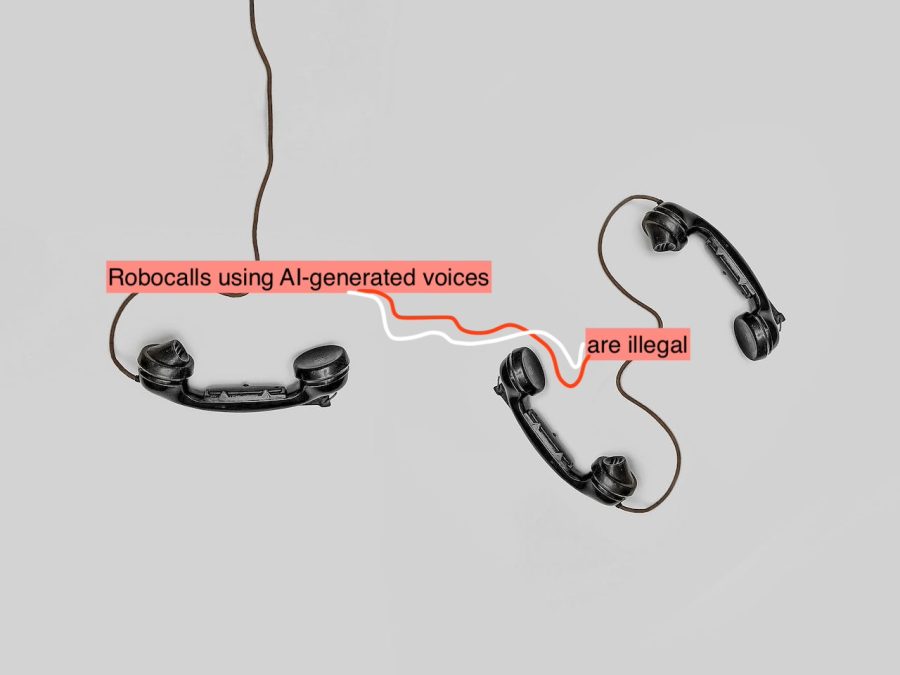The Federal Communications Commission (FCC) has outlawed robocalls containing voices generated by artificial intelligence.
The ruling, which was unanimous, was made on Thursday, February 8. It gives the state power to prosecute “bad actors” under the Telephone Consumer Protection Act of 1991, a statute that prohibits junk robocalls with pre-recorded messages.
Under this consumer protection law, telemarketers are prohibited from using automated dialers or artificial voice messages in calls to cell phones. They also cannot make such calls to landlines without prior written consent from the call recipient.
Under this new ruling, AI-generated voices in robocalls are classed as “artificial” and enforceable in the same way. Those who break the law can face steep fines of up to $23,000 per call.
“Bad actors are using AI-generated voices in unsolicited robocalls to extort vulnerable family members, imitate celebrities, and misinform voters,” FCC chairwoman Jessica Rosenworcel said in a statement.”We’re putting the fraudsters behind these robocalls on notice.”
Robocalls in politics
This new law comes after a recent scam where a ‘deepfake’ of Joe Biden’s voice encouraged New Hampshire residents not to vote in the recent primaries.
“Voting this Tuesday only enables the Republicans in their quest to elect Donald Trump again,” the voice said. “Your vote makes a difference in November, not this Tuesday.” The voice also adopted Biden’s much-used phrase: “What a lot of malarkey.”
It’s estimated that 5,000-25,000 calls were placed during this period, with the authorities later tracing the call to two companies in Texas.
“You know, it’s not like maybe it used to be where it costs thousands of dollars to create a deep fake. We’re talking about something that someone can do on their phone in five minutes time. It’s a really big problem, and it’s something we all need to be paying attention to,” New Hampshire state representative Angela Brennan told CBS.
Featured Image Credit: Photo by Alex Andrews; Pexels

















